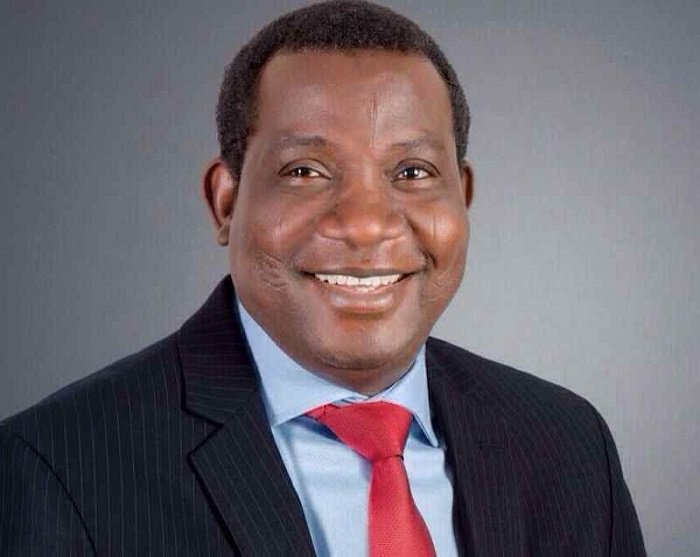The governor also signed three other bills which were expeditiously passed by the soon-to-be-dissolved 8th Plateau State House of Assembly presided over by Speaker Joshua Madaki.
Lalong, shortly after signing the bills into law, thanked the Speaker and members of the Assembly for their speedy passage.
The governor said that the signing of the bills was his first official function after his inauguration for a second term.
He said that the Plateau Specialist Hospital bill, one of the documents signed into law, was initiated and passed when he was Speaker of the Assembly but was not implemented.
According to him, with the signing of the bill into law, the implementation starts immediately.
Mrs. Rauta Dakok, Solicitor-General of the state, who presented the synopsis of bills, said that the Plateau Energy Corporation had 42 clauses, seven parts, and a schedule.
Dakok said that the bill, among other things, was targeted at developing a state energy resource with diversified energy options for achieving energy security and optimal service delivery.
The solicitor-general said that the bill establishing Plateau State Specialist Hospital consisted of 48 clauses and was divided into eight parts.
“The bill seeks to give the establishment of the Plateau State Hospital a legislative backing as its status has remained an executive pronouncement from inception.
“With this enactment, the hospital will now be upgraded to the status of a teaching hospital. This brings it to equal standing with other tertiary health institutions in the country,” she explained.
The other bills were State Contributory Healthcare Management Agency with 65 clauses divided into seven parts.
It, among other things, seeks to domesticate the National Health Insurance Scheme in Plateau.
Dakok explained that the bill was to ensure universal health coverage for all and compulsory scheme for both public and private sectors in the state.
The Water Sector bill, with 244 clauses divided into 11 parts and three schedules, was also assented to, by the governor.
According to the solicitor-general, the bill is to guarantee citizens rights of access to sustainable clean water and sanitation.

